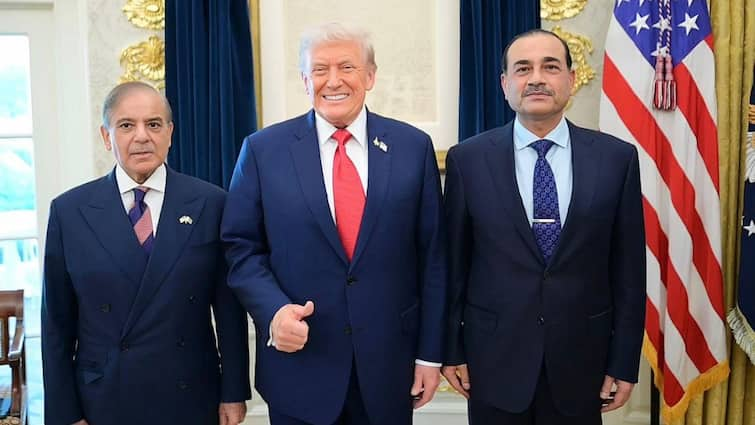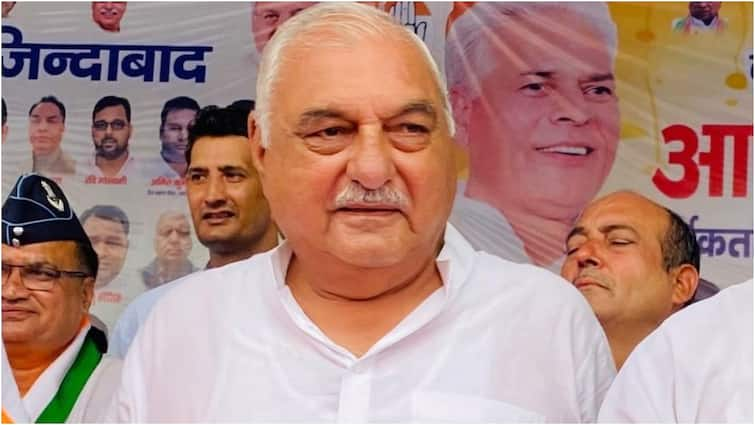Pakistan’s leadership has publicly distanced itself from US President Donald Trump’s Gaza peace plan, days after backing it, insisting it does not reflect the draft originally discussed by Muslim-majority nations.
Addressing lawmakers in parliament on Friday, Foreign Minister Ishaq Dar clarified that the so-called “20-point Gaza plan” unveiled by Trump in Washington was not Pakistan’s version.
“I have made it clear that these 20 points, which Trump has made public, are not ours. These are not the same as ours. Some changes were made in the draft we submitted,” Dar said.
Trump’s Plan and Praise for Pakistan
Trump announced his Gaza blueprint last week, describing it as a comprehensive roadmap to end the war between Israel and Hamas. The proposal includes disarming Hamas entirely, Gaza being governed by a “Board of Peace” chaired by Trump himself, Israel withdrawing in phases, a hostage swap, and Gaza’s reconstruction funded by Arab states.
However, critics say the plan sidelines Palestinian statehood, offering no clear path to sovereignty.
In his announcement, Trump claimed both Prime Minister Shehbaz Sharif and Army Chief Field Marshal Asim Munir were “100 per cent” behind the initiative. Sharif appeared to endorse the move, posting on X that durable peace between Palestinians and Israelis would be vital for regional stability.
Fierce Criticism at Home
Sharif’s statement triggered uproar in Pakistan, with politicians, analysts, and civil society accusing the government of “surrendering” to US interests.
Former diplomat Abdul Basit told Dawn newspaper that the endorsement amounted to capitulation by the Muslim world. “They can’t even mention a Palestinian state with East Jerusalem as its capital. Why is the Prime Minister supporting a plan that rules out the possibility of Palestinian statehood?” he asked.
Religious leader Allama Raja Nasir, head of the Majlis Wahdat-i-Muslimeen (MWM), dismissed Trump’s initiative as “flawed and unjust.” He said the plan imposed a US-centric solution that “prioritises Israeli interests while disregarding Palestinian rights and aspirations.”
Political Firestorm
The controversy has left Islamabad scrambling to clarify its position, caught between Trump’s public claims of support and growing domestic anger. While Pakistan continues to back a two-state solution, critics argue that the government’s mixed messaging risks undermining its credibility in the Muslim world and among Palestinians.



